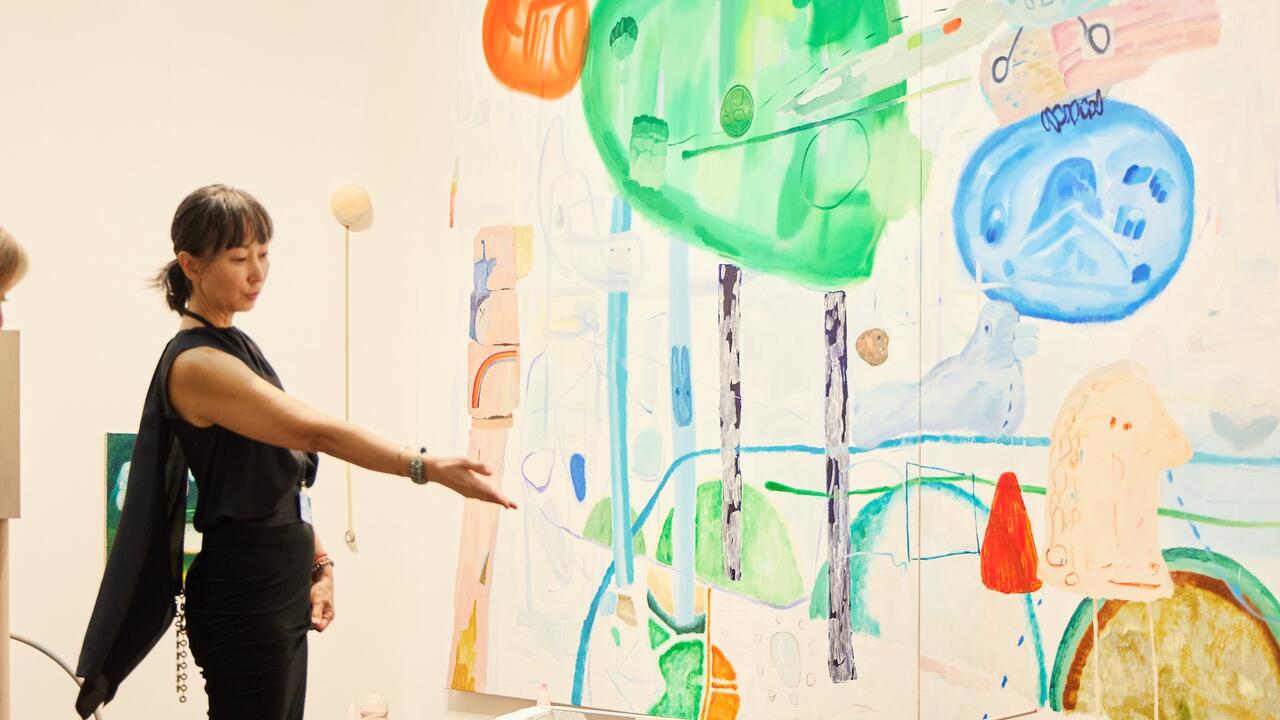The Second Virago Book of Fairy Tales
Edited By Angela Carter
Edited By Angela Carter
German fairy stories do not always end 'and they were married and lived happily ever after' (the ending of which Angela Carter remained obstinately fond) but sometimes with the formula '...and if they haven't died, then they are still alive today'. The uncertainty of that ending extends hope only to dash it, as you realise that it is very unlikely that anyone still is alive. It is a dark and tricky teaching of the acceptance of death; but death is something the full, generous happy ending of the fairy story does not necessarily conceal. Angela Carter's last novel Wise Children ends with 'What a joy it is to dance and sing!' as the two Chance sisters, at advanced age, are finally granted children -- if only borrowed ones.
Things dying, things newborn: fairy tales are insistent about families, blood, inheritance, and the need to have children, but the families can have peculiar shapes. The rigmarole that begins Turkish tall tales can even joke about succession: 'When the camel was a town crier, when the flea was a hairdresser, when I rocked my mother's cradle...' In a Burmese tale an old childless couple at last succeed in producing a Little Miss Frog, who speaks with a human voice. She later acquires ugly step-sisters who mistreat her; they are particularly annoyed when the bouquet of a prince falls on Little Miss Frog, meaning he must marry her. There is no immediate transformation scene. 'The prince was also disappointed, but he felt that he should keep his word.' At the end it is unmistakably sad that the wise, trusting prince 'asked his princess never to put on the ugly frog skin again, and the Frog Princess, to accede to his request, threw the skin into the fire.'
It is fascinating to compare the beginnings and endings, the various ways in which the tellers take their leave of you in this rich collection; not least because it was the last thing Angela Carter worked on before her death. Any account of her work must, somehow, draw attention to its wisdom and generosity. Struggling to find an unsentimental way of putting it, those who knew her turn to her talk, example and friendship; not in order to explain her work by her life, but rightly, to demonstrate the unusual ethical consistency between the two. Marina Warner notes in her introduction that Angela liked the Russian storyteller's formula: 'The story is over, I can't lie anymore.'
The wisdom of the fairy tale is in its usefulness, the sense that action precedes the knowledge of precisely what you have learnt. Another ending that stands out is of the bawdy and brilliant Palestinian tales, collected only recently: 'This is my tale, I've told it; and in your hands I leave it.' Just like a well-loved cooking pot, handed down most probably from a grandmother. There are some marvellous utensils here, like the mortar in which the frightening Baba-Yaga rides, driven by a pestle; or in Tunjur, Tunjur the longed for daughter -- 'May Allah grant me a girl even if she is only in the form of a cooking pot' -- which sings as it rolls, waits beautifully by the roadside to catch someone's eye and steals meat, honey and treasure before the comeuppance of being shat in. The loving mother scolds the pot-daughter, washes and perfumes it and puts it on a shelf, a happy family. Utensils can sometimes be more animate and wiser than people. When the incest taboo is broken in a Sudanese tale, the walls say 'You monkey of a human being, what are you doing?' The utensils rebuke him. The rats in the hut laugh at him. 'Teeng, imbecile, what are you doing to your sister?'
Utensils and stories are things handed down. 'No one dies so poor that he does not leave something behind' said Pascal, in one of the notes left towards an introduction for this book, gleaned from Benjamin's essay on the storyteller. The trouble being that we often do feel poor, certainly in our ability to tell stories and to exchange our experiences.
Angela Carter managed somehow to sidestep the much diagnosed problem of a break in the tradition of telling, the usurpation of speech by writing and information. Her work shows that it is still possible to listen, and when appropriate to answer back. She did not value folktales as 'a rare opportunity to make contact with the illiterate masses who have disappeared into the past without leaving a trace' and argued with the historian who said this. As this collection shows, there are plenty of people who practise the art today. The marvellous tales from Sudan were told quite recently by 21-year-olds, as you can discover in the notes. She valued folk tales because she believed that '...We retain, if we have lost everything else from the oral tradition, a complicated folklore of family.' And tales are at least as useful a guide to it as psychoanalysis. They insist on the survival of the group rather than just the individual. Angela would have agreed with Adorno, a keen reader of fairy tales, that 'The basest person is capable of perceiving the weakness of the greatest, the most stupid, the errors in the thought of the most intelligent.' Only she would have thought to insist on an ending afterwards in which 'no one was humiliated and everybody gets the prizes.'
















